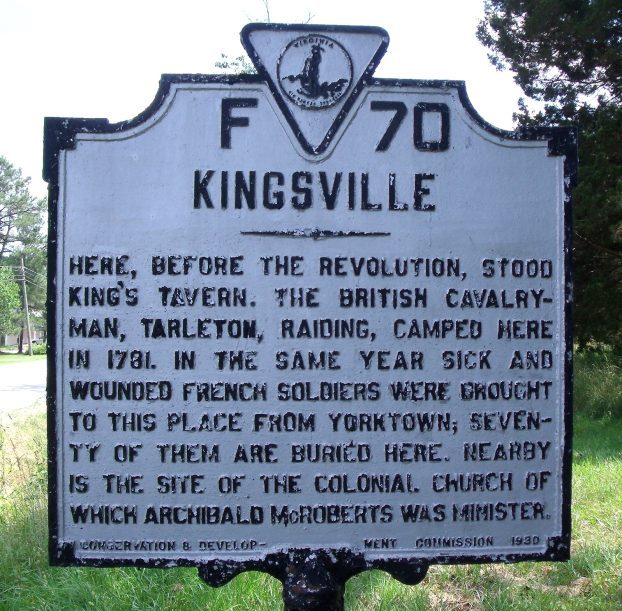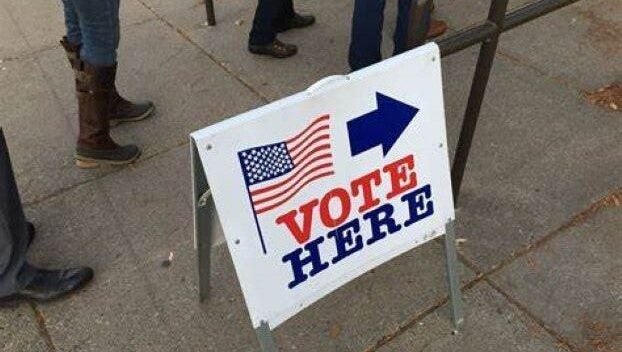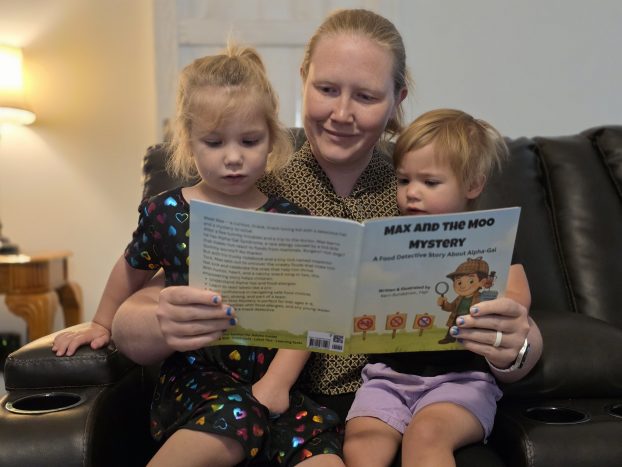Aiming for kids to read
Published 12:02 pm Tuesday, March 27, 2018

- Mackenzie Booker, left, colors in a circle to mark the book she read during an event that aims to have kids read 1,000 books before kindergarten. Also pictured is Vanessa Morton and Jay Booker. (Photo by Emily Hollingsworth)
Sitting on soft, blue cushions in the brightly colored children’s program room, children and their parents listen to Children’s Programmer Megan Almond read two stories. The two stories will be the first of 1,000 books the kids will read, or hear, before they reach kindergarten.
The “1,000 Books before Kindergarten” program, which began at the Barbara Rose Johns Farmville-Prince Edward Library and the Buckingham Branch Library Saturday, is an ongoing initiative that provides families with resources and a sheet where they can mark all of the books their kids read.
The goal is for each parent who signs up to read to their kids to reach 1,000 books.
Trending
“It’s self-paced,” Almond said about the program. “It works on their schedule.”
The American Association of Pediatrics, in a 2014 report, cited that reading aloud to children, particularly as an activity between parents and children, can stimulate “optimal patterns of brain development and strengthens parent-child relationships at a critical time in child development, which, in turn, builds language, literacy, and social-emotional skills that last a lifetime.”
It wasn’t all sitting, though. During the second book read, “If You’re Happy and You Know It, Clap Your Hands,” Almond had the kids stand up and clap their hands, stomp their feet and spin around.
Erika McNeill said she frequently visits the library with her daughter, Angel Esters. McNeill said she was excited to hear about the program. In a world with smartphones and rapidly changing technology, she said people shouldn’t undervalue reading.
“It’s good to promote reading for children in a technology world,” McNeill said.
Rick Ewing, director of the Central Virginia Regional Library, which libraries include the Farmville and Buckingham Libraries, said the libraries will be working with area pediatricians and hospitals to encourage parents to read to their children. He said the boost in literacy awareness could help students who reach kindergarten, and help them throughout their education.
Trending
“We’re trying to help the child be ready for kindergarten,” Ewing said. “If they’re ready for kindergarten, they’re ready for school and beyond.”





